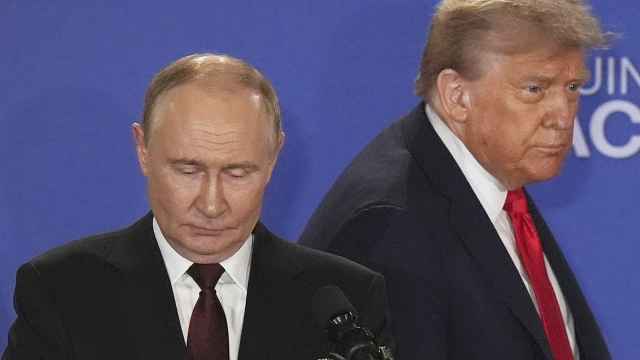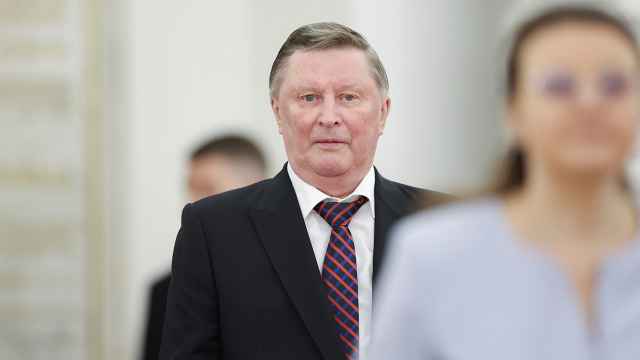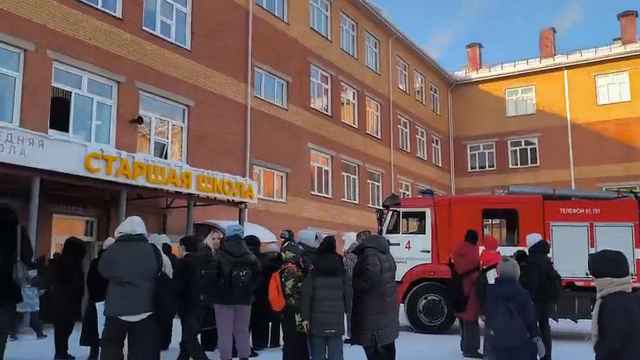FRANKFURT — Western companies are curtailing investments in Russia, repatriating funds and talking with their banks about currency hedges to protect profits from the falling ruble and worsening growth outlook.
Carmakers including Volkswagen, Jaguar Land Rover, Audi and BMW have already dialed back business, while others, such as Finnish retailer Stockmann and Swedish-based furniture maker IKEA, want to stay but are wary of developments.
Collapsing oil prices and a punishing round of sanctions over Ukraine are pushing Russia into recession and frustrating thousands of Western companies with business there who see little prospect the political deadlock will be broken.
"I am greatly concerned by signs of dogmatism in the discussion and that dialogue is decreasing rather than increasing," Olaf Koch, chief executive of German retailer Metro, said of the standoff between Russia and the West.
The sanctions have compounded the battering that the oil-dependent economy is taking, prompting a 50 percent drop in the ruble this year. The Central Bank has said GDP could contract by 5 percent next year if oil stays around $60 per barrel.
Carmakers are among those to have taken the most drastic steps, with the economic downturn eating into consumer budgets for big ticket items.
"In view of the volatility of ruble exchange rate and with the aim to manage its business risk, GM Russia has decided to temporarily suspend wholesaling of vehicles to its dealers in Russia as of Dec. 16," GM's European Opel division said.
Earlier this week, Apple, which does not operate retail stores of its own in Russia, said it was halting online sales of its products "due to extreme fluctuations in the value of the ruble."
Late on Thursday, Germany's BASF and Russia's Gazprom abandoned a long-planned gas assets swap, citing a "difficult political environment."
Other companies are staying the course but are worried about the uncertainty of the situation.
"Visibility is zero, the ball is entirely with the Russian government and Central Bank," said Lauri Veijalainen, an executive at Finnish retailer Stockmann, which has seven upscale department stores in Russia.
Stockmann and Swedish-based furniture maker IKEA, which has 14 stores and 14 shopping centers in Russia, both plan to raise prices in an effort to compensate for the ruble's fall.
Others companies are planning to open fewer stores. German retail sportswear firm Adidas, which runs 1,100 stores in Russia accounting for more than 7 percent of group sales, said it would open only 30 stores per year in 2014 and 2015, down from an already reduced target of 80 per year.
However, a strategy of raising prices and reducing investment may not be enough if the economy sinks into recession, further hitting jobs and spending, particularly after the Christmas rush.
"The consumer is coping for now but at the same time there's a lot of fear that this is going to change rapidly post-Christmas," said Andrew Cosgrove, global lead analyst for consumer products and retail at accounting consultancy EY.
Some companies are already reporting pressure to cut prices.
A Message from The Moscow Times:
Dear readers,
We are facing unprecedented challenges. Russia's Prosecutor General's Office has designated The Moscow Times as an "undesirable" organization, criminalizing our work and putting our staff at risk of prosecution. This follows our earlier unjust labeling as a "foreign agent."
These actions are direct attempts to silence independent journalism in Russia. The authorities claim our work "discredits the decisions of the Russian leadership." We see things differently: we strive to provide accurate, unbiased reporting on Russia.
We, the journalists of The Moscow Times, refuse to be silenced. But to continue our work, we need your help.
Your support, no matter how small, makes a world of difference. If you can, please support us monthly starting from just $2. It's quick to set up, and every contribution makes a significant impact.
By supporting The Moscow Times, you're defending open, independent journalism in the face of repression. Thank you for standing with us.
Remind me later.





